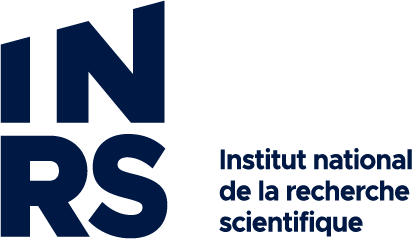Six universities and research institutions across Canada have joined forces to set up this program. Their expertise covers all frequencies of Earth Observation Data Acquisition (DOT), as well as a variety of analytical and modeling approaches. In addition, there are expertise from the public and para-public sectors, the private sector and non-profit organizations.
You will find below the institutions and research centers of researchers who are members of the DOTS program.
_______________________________________________
Remote Sensing Research and Application Center

CARTEL is a dynamic grouping of researchers, students, students and postdoctoral fellows who carry out research aimed at advancing knowledge in remote sensing, as well as their applications to Earth observation. The studies overseen by CARTEL cover the four ends of the globe, from the poles to the tropics, from the continents to the oceans, as well as a wide variety of natural and human ecosystems.
_______________________________________________
INRS Eau Terre Environnement Research Centre
The INRS Eau Terre Environnement Research Centre contributes to the advancement of knowledge to better protect, preserve, and develop natural, water, and land resources.
_______________________________________________
Computer Research Institute of Montréal
The Computer Research Institute of Montréal (CRIM) is a leading IT expertise centre that generates concrete results as well as a strategic partner in innovation for organizations. CRIM is a non-profit organization whose work is in line with the policies and strategies of its major financial partner, the ministère de l’Économie et de l’Innovation.
_______________________________________________
Remote and Wood Sensing Laboratory
The Remote and Wood Sensing Laboratory specializes in the development of various remote sensing and wood manufacturing applications such as:
- Wildfire danger monitoring
- Crop disease and fertilization management
- Permafrost mapping in the Arctic
- Saltmarsh and eelgrass bed restoration monitoring
- Sensors for the wood manufacturing sector
- Applications for UAV multispectral imagery
- Geese habitat mapping
The laboratory benefits from state-of-art facilities that are located at the UNB Faculty of Forestry and Environmental Management.
_______________________________________________
Geospatial Data and Intelligence Research Center
The Geospatial Data and Intelligence Research Center (CRDIG) supports cutting-edge scientific research in the geospatial field. Its members actively collaborate with the community in order to apply their research activities in an innovative way for the benefit of the Company, in three privileged fields of application: marine and river environments, smart cities and communities, natural resources and human activities.




